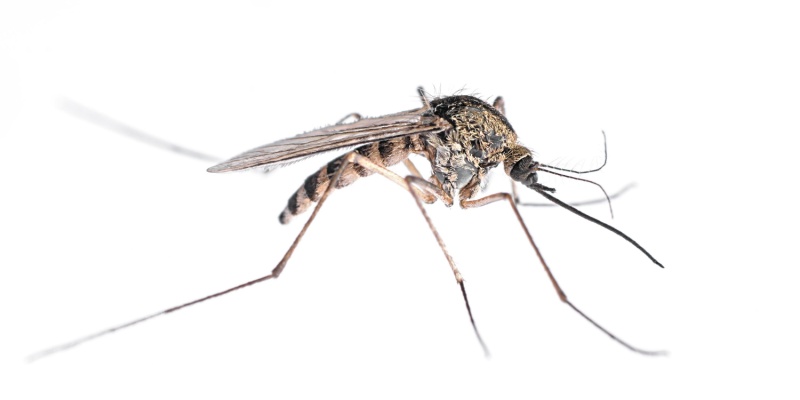Mosquitoes are not only a nuisance with their itchy bites but also a health hazard, capable of transmitting diseases such as West Nile virus and Zika. For residents of Reynoldsburg, Ohio, taking control of mosquito populations is essential for enjoying the outdoors and maintaining a healthy living environment. Here’s a comprehensive look at effective mosquito control strategies you can implement in your home and community.
Understand the Mosquito Lifecycle
To combat mosquitoes effectively, it’s crucial to understand their lifecycle, which includes the egg, larval, pupal, and adult stages. Mosquitoes lay eggs in standing water, where the larvae emerge and grow. By disrupting this lifecycle at multiple stages, you can significantly reduce the population.
Eliminate Breeding Grounds
The first step in mosquito prevention is eliminating breeding grounds:
- Regularly Inspect for Standing Water:
Walk through your property to check for water accumulation in pots, buckets, tires, and clogged gutters. Empty and clean these containers weekly.
- Maintain Pools and Water Features:
Properly chlorinate swimming pools and include agitation systems like waterfalls or fountains to discourage mosquito breeding. Natural ponds can be treated with environmentally safe larvicides or stocked with fish that feed on mosquito larvae.
- Properly Cover Water Storage Containers:
Use tight-fitting lids to cover rain barrels and water tanks to prevent mosquitoes from laying eggs.
Use Barriers and Repellents
Creating physical barriers and using repellents can effectively keep mosquitoes away:
- Install Screens:
Equip windows and doors with high-quality mesh screens to prevent mosquitoes from entering your home.
- Personal Repellents:
When outdoors, use EPA-approved skin-applied repellents containing DEET, picaridin, or the oil of lemon eucalyptus.
- Clothing and Gear:
Treat clothing, hats, shoes, and camping gear with permethrin, a synthetic insecticide that is safe for human use but toxic to mosquitoes.
Natural and Environmental Controls
Incorporating natural methods can also help reduce mosquito populations:
- Cultivate Mosquito-Repelling Plants:
Landscaping with plants like citronella, lavender, and marigold can naturally keep mosquitoes away. These plants emit scents that mosquitoes find repulsive.
- Encourage Natural Predators:
Attract birds and bats that feed on insects. Installing a bat house or a bird feeder can help increase the number of natural mosquito predators around your home.
Chemical Interventions
While natural and preventative measures are effective, sometimes chemical interventions become necessary:
- Insecticide Application:
Use EPA-registered insecticides to treat areas where mosquitoes rest, such as shrubbery and under decks. These treatments can reduce adult mosquito populations significantly.
- Larvicides:
Apply larvicides in areas of persistent standing water where other control measures are impractical. These products are designed to kill larvae before they mature into biting adults.
Continuous Monitoring and Adaptation
The battle against mosquitoes is ongoing. Regularly evaluate the effectiveness of your implemented strategies and be prepared to adapt and change tactics as needed:
- Regular Checks:
After rainfall, check for new standing water areas and treat them promptly.
- Adjust Strategies Seasonally:
Mosquito activity can vary with the weather; adapt your control methods according to seasonal population changes.
By understanding and utilizing these comprehensive strategies, you can enjoy your summer activities more and worry less about the pests that intrude upon your outdoor fun. Effective mosquito control is a multifaceted approach that requires diligence and persistence, but with these strategies – and the help of the professionals at Weed Busters – you can maintain a comfortable and safe environment at home.

